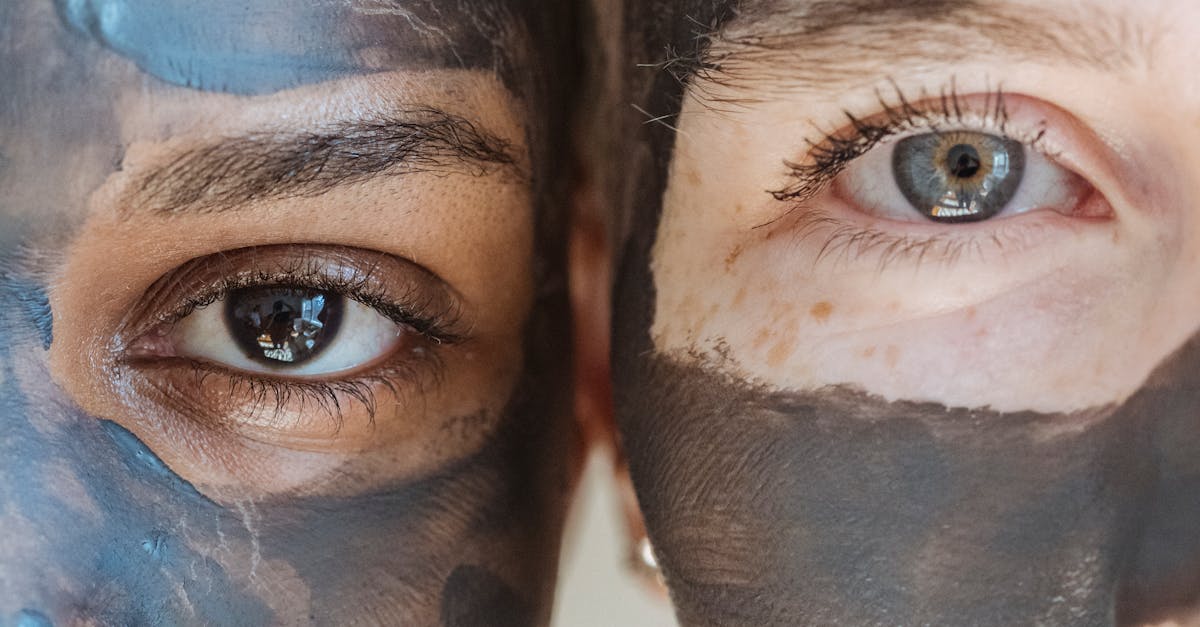
Setting Up Initial Consultations
When embarking on the journey to find a therapist that suits your needs, one of the first steps is setting up initial consultations. These meetings provide you with the opportunity to get to know the therapist and see if they are the right fit for your Individual Therapy needs. It's crucial to book these consultations with an open mind, allowing yourself the chance to assess whether you feel comfortable and supported by the therapist during the session.
During the initial consultations, take note of how the therapist engages with you and whether their approach aligns with what you are seeking in your Individual Therapy sessions. Consider discussing your goals for therapy and see if the therapist offers a plan that resonates with you. Remember, this is your time to gauge whether the therapist's style and expertise match your requirements, so don't hesitate to ask questions and voice any concerns that may arise during these meetings.
Preparing Questions to Ask
When preparing questions for your initial consultation with a therapist for individual therapy, it's important to focus on key aspects that will help you determine if they are the right fit for you. Begin by asking about their qualifications and experience in treating issues similar to yours. Inquire about their approach to therapy and how they typically work with clients to address concerns and achieve goals.
Moreover, consider questioning the therapist about the structure of the therapy sessions, including the frequency and duration of sessions. Understanding their availability and preferred modes of communication outside of sessions can also give you clarity on the level of support you can expect between appointments. Asking about their fees, insurance coverage, and cancellation policies is essential for managing practicalities and ensuring a smooth therapeutic process.
Assessing Personal Compatibility
Assessing Personal Compatibility is a crucial aspect when searching for a therapist for Individual Therapy. Establishing a strong connection with your therapist is essential for the therapy process to be effective and successful. It is important to gauge whether you feel comfortable and supported by the therapist during your initial interactions.
Additionally, consider how well you communicate with the therapist and whether their approach aligns with your preferences. Feeling understood and validated by your therapist is fundamental for building trust and rapport, which are key components in the therapeutic relationship. Take note of how the therapist responds to your concerns and if you feel that they are genuinely invested in helping you navigate your mental health journey.
Evaluating Communication Style and Approach
When evaluating a therapist's communication style and approach, it is crucial to consider how comfortable you feel when interacting with them. A good therapist should be able to create a safe and non-judgmental space for you to express your thoughts and feelings openly. Pay attention to how the therapist listens to you, their empathy, and whether they show genuine interest in your well-being. Effective communication is at the core of Individual Therapy, so ensure that you feel heard and understood during your sessions.
Additionally, observe the therapist’s communication approach in terms of feedback and guidance. A skilled therapist should provide insightful reflections, offer constructive feedback, and guide you in exploring your emotions and thoughts in a supportive manner. Assess whether the therapist's communication style aligns with your preferences and needs, as establishing a strong rapport can significantly impact the effectiveness of your therapy sessions. Remember, open and clear communication is essential for the success of Individual Therapy.
Understanding Therapy Approaches
Understanding Therapy Approaches
When seeking therapy, it is important to have a basic understanding of the different therapy approaches available. Individual therapy is a common type of therapy wherein a person works one-on-one with a therapist to explore and address personal challenges. This approach allows for a private and focused environment where the individual can delve into their thoughts, emotions, and behaviours with the guidance and support of a trained professional.
Another widely used therapy approach is cognitive-behavioural therapy (CBT), which focuses on identifying and modifying negative thought patterns and behaviours. CBT is goal-oriented and aims to help individuals develop practical skills to manage their thoughts and emotions more effectively. On the other hand, psychodynamic therapy delves into exploring unconscious patterns and past experiences to gain insight into current behaviours and emotions. This type of therapy often involves a longer-term commitment and aims to create lasting changes through self-awareness and understanding.
Comparing Different Therapy Techniques
When it comes to choosing the right therapist for you, it's crucial to consider the various therapy techniques they utilise. There are different approaches to therapy, each catering to unique needs and preferences. For instance, cognitive behavioural therapy (CBT) focuses on changing negative thought patterns and behaviours, while psychodynamic therapy delves into unconscious patterns and past experiences. Furthermore, humanistic therapy emphasises personal growth and self-actualisation. Understanding these differences can help you determine which approach aligns best with your goals for individual therapy.
It's important to compare the effectiveness of these therapy techniques in addressing your specific concerns. Some techniques may be better suited for certain issues than others. For example, if you're struggling with anxiety, dialectical behaviour therapy (DBT) may be more beneficial due to its focus on emotional regulation and mindfulness. On the other hand, if you're dealing with trauma, eye movement desensitisation and reprocessing (EMDR) therapy could be more effective in processing and healing from past experiences. By comparing different therapy techniques, you can make an informed decision on which approach is most likely to support your journey towards healing and personal growth in individual therapy.
FAQS
How do I go about finding a good therapist for myself?
To find a suitable therapist, start by setting up initial consultations with a few potential therapists to see if you feel comfortable with them.
What questions should I ask during the initial consultation with a therapist?
Prepare questions related to the therapist's qualifications, experience, approach to therapy, fees, and availability to ensure they are a good fit for your needs.
How can I assess if I have personal compatibility with a therapist?
Assess personal compatibility with a therapist by considering factors such as their communication style, values, and whether you feel understood and supported during sessions.
What should I look for when evaluating a therapist's communication style and approach?
Evaluate a therapist's communication style and approach by observing how they listen, provide feedback, and tailor their approach to suit your individual needs and preferences.
How important is it to understand different therapy approaches when choosing a therapist?
Understanding various therapy approaches is crucial as it helps you compare different techniques and choose a therapist who aligns with your preferences and goals for therapy.
